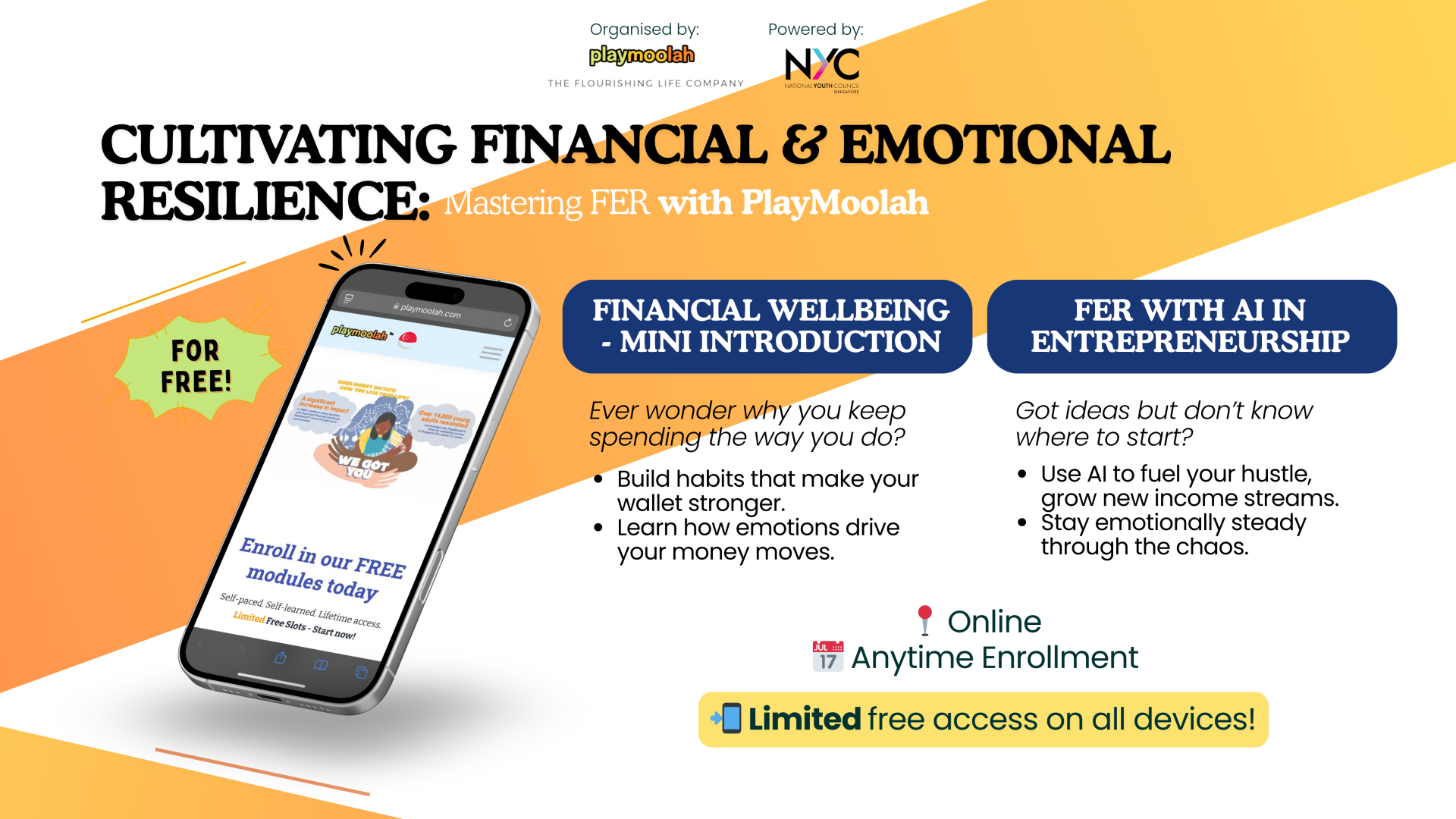When I was young, I didn’t call myself by the name printed on my ID-card. I didn’t spend my nights working, reading the news, or thinking about what people would say if I change my hairstyle tomorrow. My cousins and I called ourselves “Fox Warriors” and we scouted the neighborhood. We survived blazing bush fires, conquered the Great Lizard Lord, captured Sage Snail, and nursed our wounds with the Elixir of Life. The next morning we were witches, making potions out of cooking oil, shampoo and one dead mosquito. The next morning we were Pharaohs building our own pyramid out of newspapers and raffia strings. There was no Barbie, or train set, or iPad in the house, but no one noticed.
Even if someone did, we all remember one of the scenes in our favourite drama series at the time. The little girl in the movie, after going to her rich friend’s house, come back and asked her parents why she can’t have a mattress too, instead of just a mat. Her parents begged and borrowed to buy her a mattress. I forgot what was the ending; I just knew that it wasn’t right to ask your parents for things. I was probably seven.
My sister and I made dresses for our dolls out of very old clothes. We read books and comics for free at the supermarket’s bookstore, always careful to hide from the staffs there, or pretend to put the book down and browse through another shelf until our original spot was clear of staffs. We kept pencils that were still 2 cm long, tied them to chopsticks and continued writing. Every bit of papers, receipts, carton boxes, even labels, brought tiny joy because they added to our stack of recyclable paper. 7kg of paper meant 1 kg of rice.
Were we poor? Was counting coins in our piggy bank hoarding? All these words weren’t even in our vocabulary. As kids, my sister and I had everything we ever wanted. If we didn’t have them, we made them up. The things that we wanted and our parents couldn’t buy and we couldn’t make needn’t be wanted anyway. Our grandparents emerged from the war and the rationing years that came after, and stories about hunger were passed around with each piece of food, and we were taught to be grateful we were born in peaceful time. We weren’t poor by any of our definitions.
As all of us grow up, I have more stuff, I can do more things, but at the same time I see things and people and myself as less magical. I accept new definitions about who I am and what I should be feeling. I depend more and more on external things in the hope of getting a sense of inner completeness. I believe I want the means of getting more stuff, achieving more things, more than the end. Moving away from that peaceful state of “I am enough”.
And I wonder, why did we ever forget that the power of feeling contentment has been with us all along?
Empty space, drag to resize
Sharing Questions
Empty space, drag to resize
“What do you really want?”- can be a scary question. We all want something, either consciously or subconsciously, that’s why we’re still here, that’s why we still wake up and get out of bed in the morning. After searching and seeking, we might finally arrive at the answer. Might it be contentment? Fulfilment? Is it the moment when we can sit back and say: “This is it. I’ve done enough, seen enough. I’m enough.”? Funnily, once we get the answer, the next logical question – “How can I get there?” – comes up, most of us automatically assume that a good job, a comfortable home, enough savings in the bank, would give us the contentment we seek.
